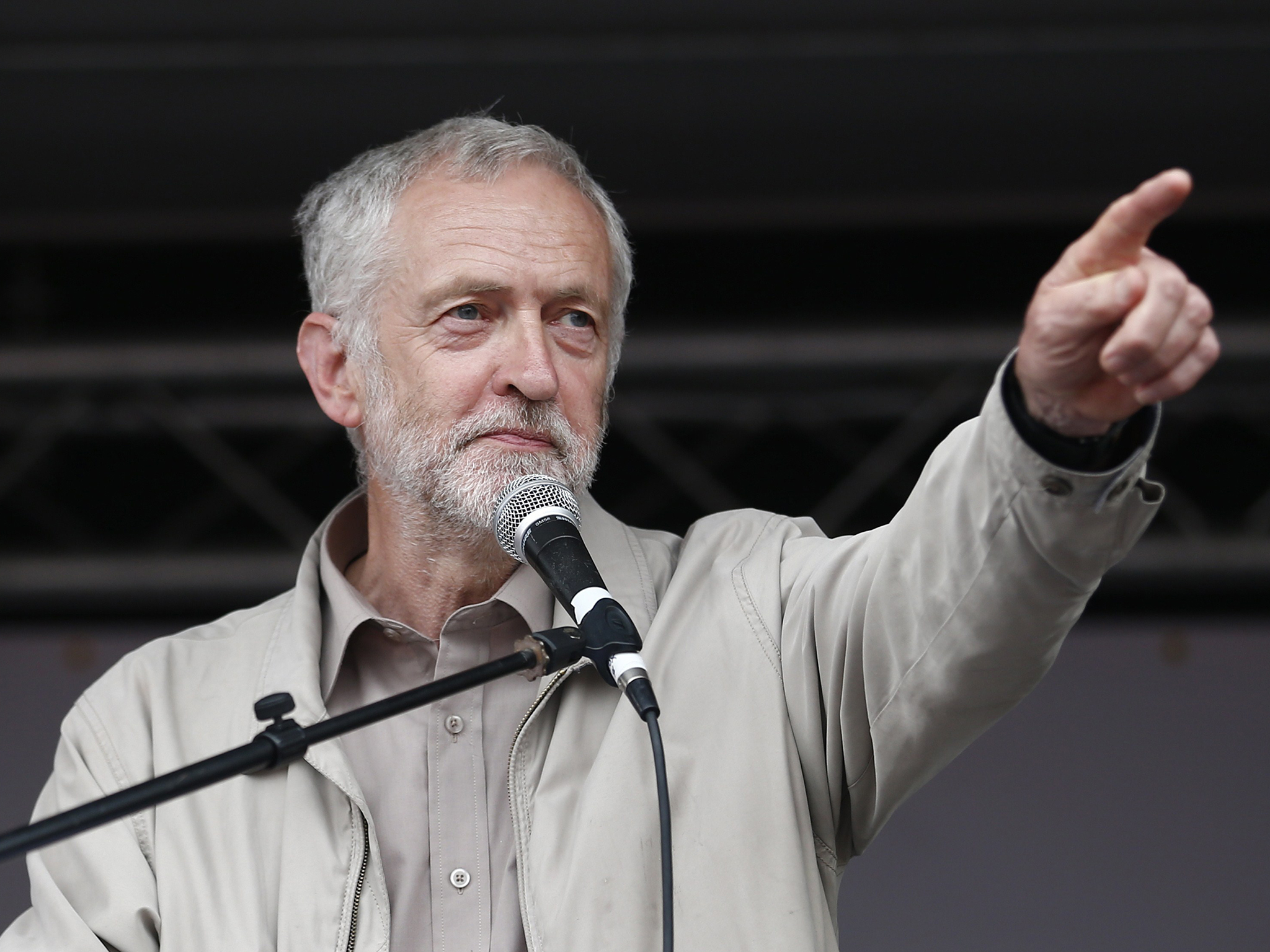Jeremy Corbyn: the only politician who understands, or an unelectable cult of personality.
Owen Smith: pragmatic unifier to some; Ed Miliband mark two with a corporate background and a Welsh accent to others. ‘Who?’ to most.
Speaking as something of an outsider to the contest, my only reaction to watching the head-to-head debates between the two was: “if there was a general election tomorrow, Labour would be annihilated”.
It’s not that either are inherently dislikeable – though to many, one or the other (or both) no doubt is. It’s more the total failure on both men’s part to answer some fairly basic questions.
When asked who each of their leadership role models were, Smith scored an easy layup by praising the approach of Welsh labour icon Nye Bevan, while Corbyn responded with a predictable round of ammunition for his opponents – “I don’t have one”. It shows, Jeremy.
And when asked how to win back Conservative voters, Corbyn responded with a rambling answer that included campaigning on poverty and inequality, references to “people being tempted to vote Tory”, and attacks on the right wing press. I’m not so sure that constitutes a strategy.
Not to let slip his own opportunity to self-destruct, Smith refuses to stop repeating the claim that he is capable of uniting the party, despite being loathed by at least half the membership and having been part of the wave of resignations from the shadow cabinet that crippled the opposition at a time of national crisis.
These are relatively minor missteps in the lifetime of a potential opposition – but they’re indicative of the existential problem of a party so divided between membership base and parliamentary party: both are so focused on winning back the support of the other (or more accurately beating them into submission) that they forget to say anything to the wider electorate. Smith talks about the need to speak to everyone’s concerns and win voters of all parties, but his recent statements that government should be borrowing more to invest, build HS3 not just HS2, and negotiate with ISIS, would have been torn to shreds in the tabloids and conservative press if they’d been uttered close to a general election.
And most importantly of all, virtually nowhere in any of these debates or campaigns has ‘prosperity’ come into it. There’s nothing on helping people with ambitions beyond their situation get on and improve in life. There’s very little coherent policy for economic development in terms people can understand in the context of their own lives beyond being ‘anti-austerity’, and one suspects the public at large find little in either candidate to dispel the idea that labour are tax- and spend-heavy and can’t be trusted with the economy.
These are all often-heard, often-repeated talking points from the right wing. But they need not be.
There’s nothing right-wing or ‘Red Tory’ about understanding that even people in poverty want more from their lives than simply ‘not being in poverty’. The left should be capable of reclaiming the narrative on individual prosperity, not just talking down to people on low incomes.People have aspirations, and yes, possibly selfishness too. Labour needs to relearn this, and find a way to combine it with a narrative of closing the gap in inequality and improving social conditions for all if it is to find a strategy that even comes close to winning the number of seats required to form a government, and give the membership something to believe in at the same time. The leadership would need a clear media strategy, too, something sorely lacking at present – the discipline to stay on-message and ceaselessly hold the government to account.
That leader might well be Jeremy Corbyn, given time – although one year into a four-and-a-half year project the polls look fairly disastrous, with little sign of improvement. His is a high-risk, potentially high-reward strategy – and while a mass-membership ‘social movement’ sweeping to power the most un-politician of Prime Ministers would no doubt be an historic achievement, it’s looking pretty unlikely so long as that movement seems to be built around no single key issue that can unite people of all political views.
It might well be Owen Smith, although if by some miracle he became leader it would be hard to recover from the obvious hatred and resentment felt by much of the membership towards him; and he seems just another in the long line of standard politicians trying to tow the line between Blair and Corbyn. As Nye Bevan said (and Ed Miliband discovered) “we know what happens to people who stay in the middle of the road. They get run down.”
As things stand though, it’s hard to escape the conclusion that if a snap general election were called this year, the Labour Party would be flirting with catastrophe either way.


